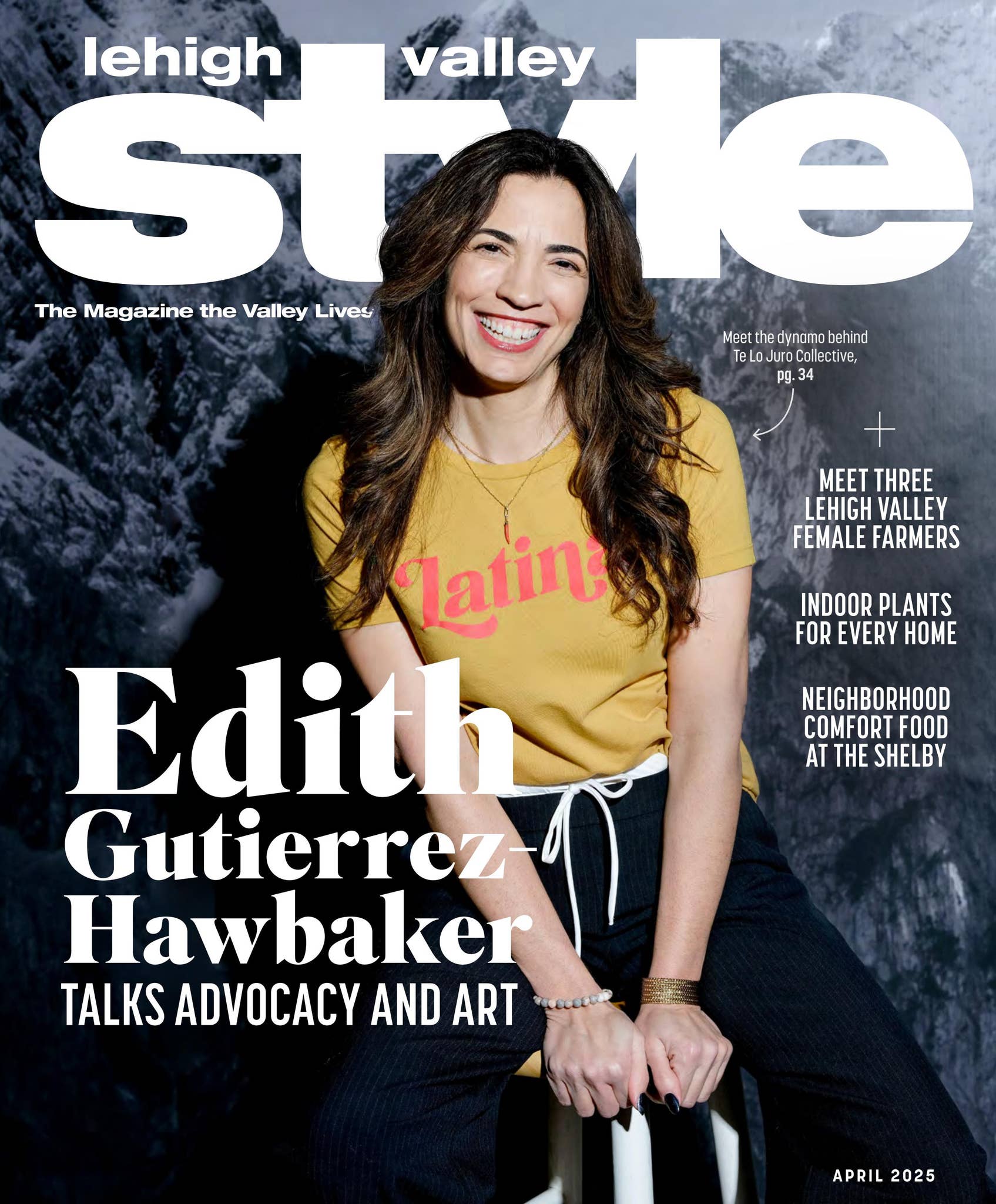According to a report released last year by the nonprofit American Farmland Trust, farming is among the most gender-unequal occupations in the United States. Data from the 2022 U.S. Census of Agriculture, which is conducted every five years, showed that while more than 56 percent of Pennsylvania farms had at least one female producer, less than 35 percent of all principal operators were women.
But there is a community of female farmers doing the work in the Lehigh Valley. While some have been at it for decades, others are just starting to find their footing. Read on to meet three women who have rolled up their sleeves and gone all in on agriculture.
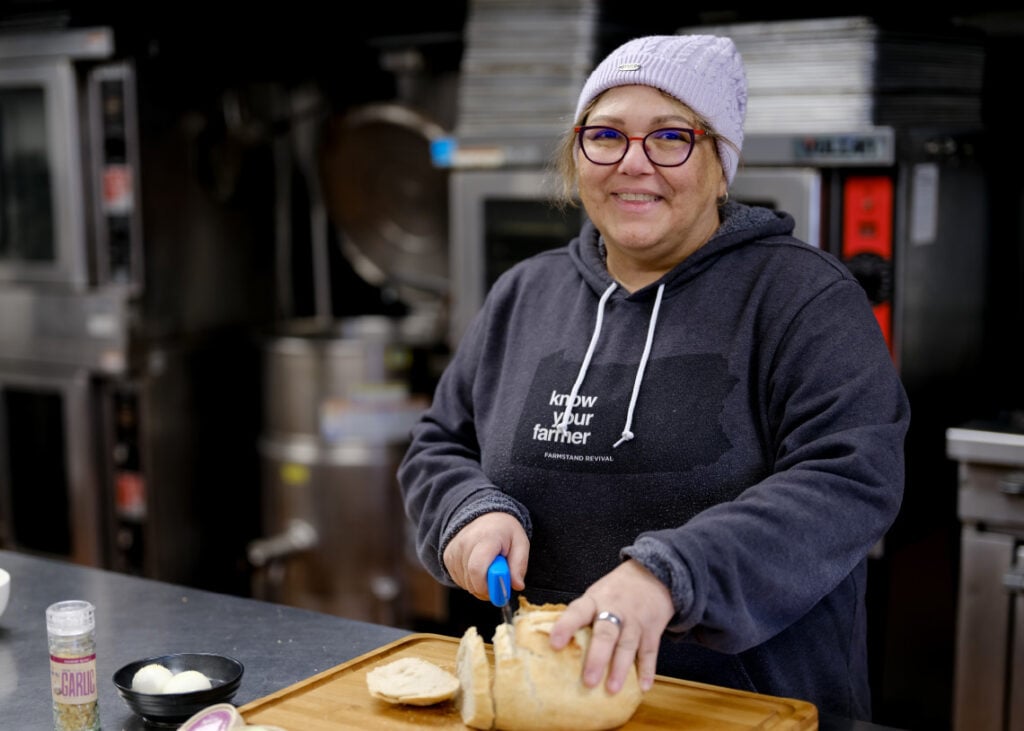
Wandy Bush - Dragonfly Hill Farm, Coopersburg
Six years ago, while touring a four-acre property in Coopersburg, Wandy Bush was certain she had found the place that would become her growing space. A dragonfly that got in her face and lingered there sealed the deal. Her sister, Brigitte, who died of cancer in 2018, had loved dragonflies and promised Bush she would help her find the right farm. When Bush saw that dragonfly, she knew: “That’s her.”
The encounter also solidified the name Bush would bestow on her new endeavor: Dragonfly Hill Farm, officially established in 2020.
Bush has long been a make-it-from-scratch kind of cook, and she developed a deeper interest in agriculture several years ago while working on a farm in Hunterdon County, New Jersey. The farmer’s retirement, Bush says, created a void in her life that she hadn’t expected. That, and a move to the Lehigh Valley with her husband, pushed her to establish a place of her own.
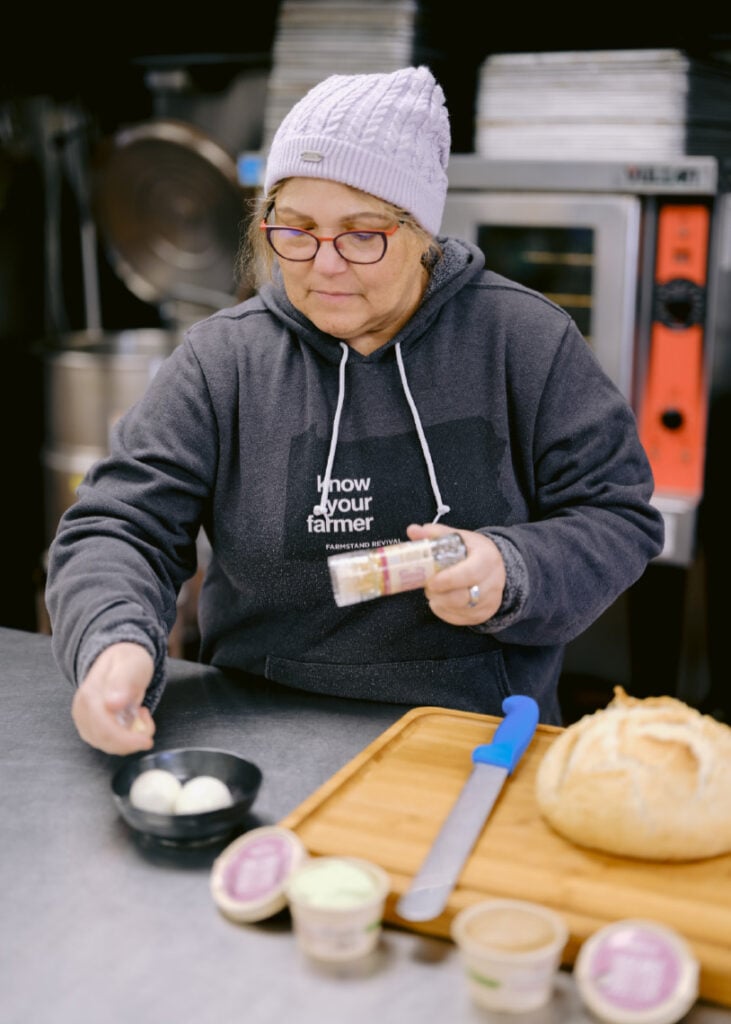
She started small that first year, planting a variety of berry plants, trees and shrubs: elderberry, aronia (chokeberry), gooseberry, red currant, plum. Her harvests from those have been sold to herbalists and local makers as well as at farmers markets.
Her chief product, though, is garlic, for which she became organic-certified in 2024. “It was a long process,” says Bush. Chemical-free practices are important to Bush; she is a two-time cancer survivor who credits homemade, local produce and meats with playing a crucial role in
her recovery.
She offers six varieties of garlic, including Romanian Red (hot and robust), Pehoski Purple (mild and earthy) and Georgian Fire (strong and zesty), which are sold at a number of local farmers markets, such as Easton, Emmaus and Saucon Valley.
Bush currently farms about two acres of the property but has plans to expand. “Might as well produce more food!” she says. She’s waiting to see if the chestnuts and pawpaws she planted will make it (“It was a hot fall,” she says), and is considering starting her first asparagus crop, although it won’t be harvest-ready for a few years.
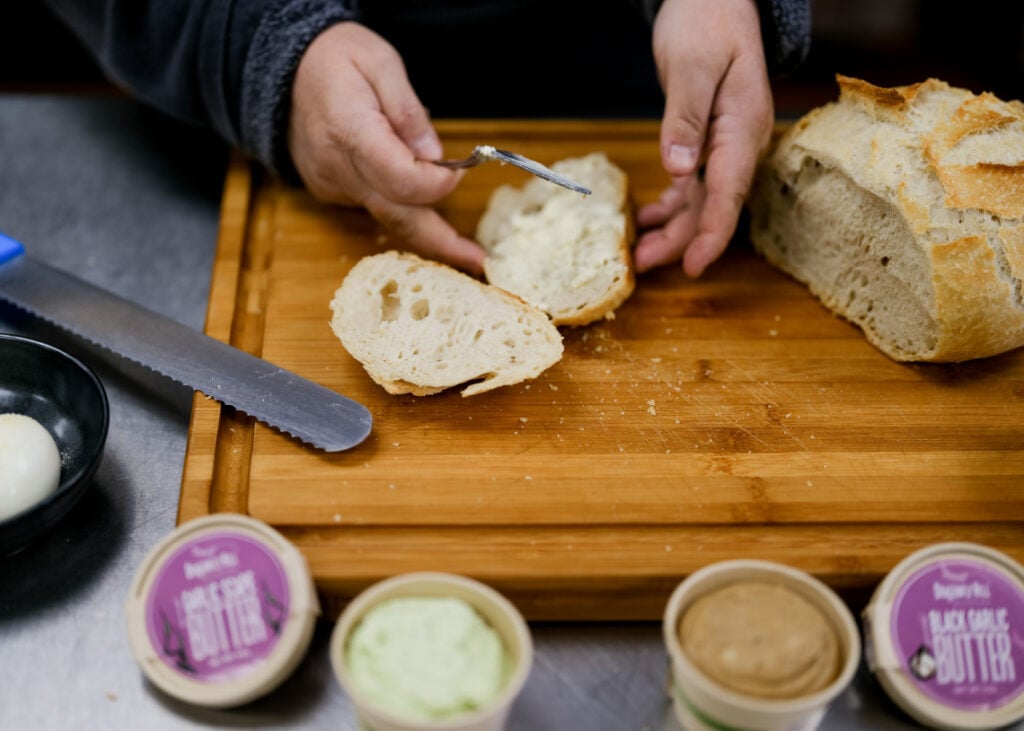
Dragonfly Hill also has a commercial kitchen, which Bush views as another way to connect with the local farming and food community. Some of the people who have used the space to try out recipes and techniques have branched out into brick-and-mortars or food trucks of their own—From Lino, Chick-N-Bap at Lehigh University and Hank’s Italian Ice Co. among them—which Bush finds gratifying.
She does admit that the physical labor that comes with planting and harvesting can be draining. She handles the majority of it herself. Equipment repairs in the kitchen are another hassle to contend with. “I’m learning as I go,” Bush says. “It can get frustrating but it’s also exciting at the same time because it’s something new.”
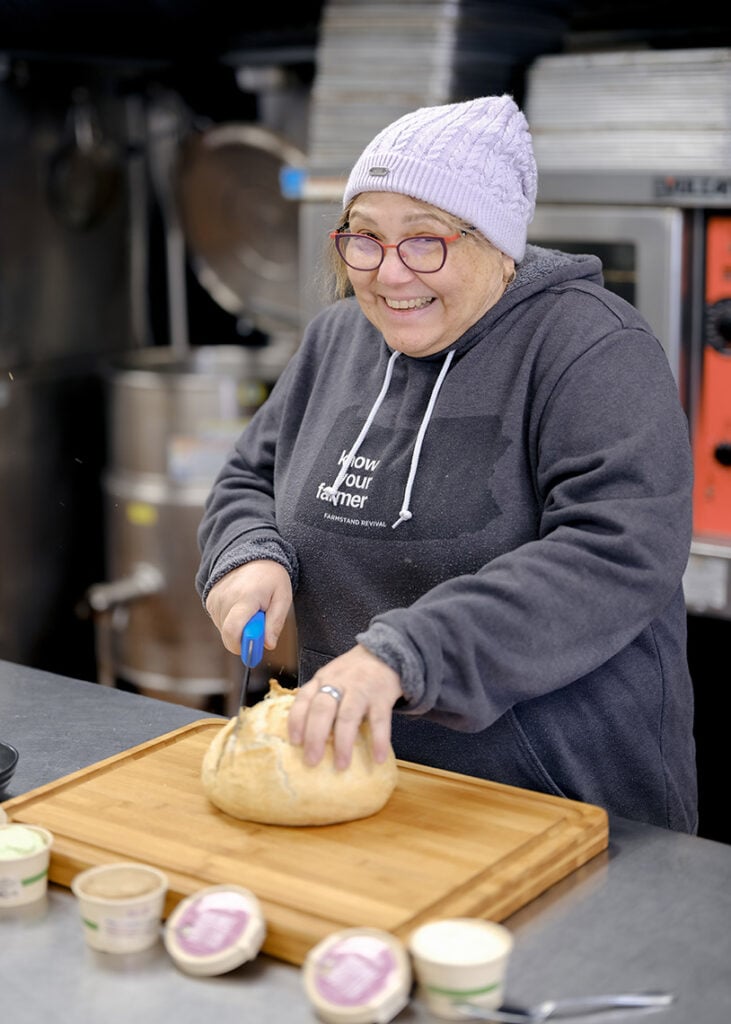
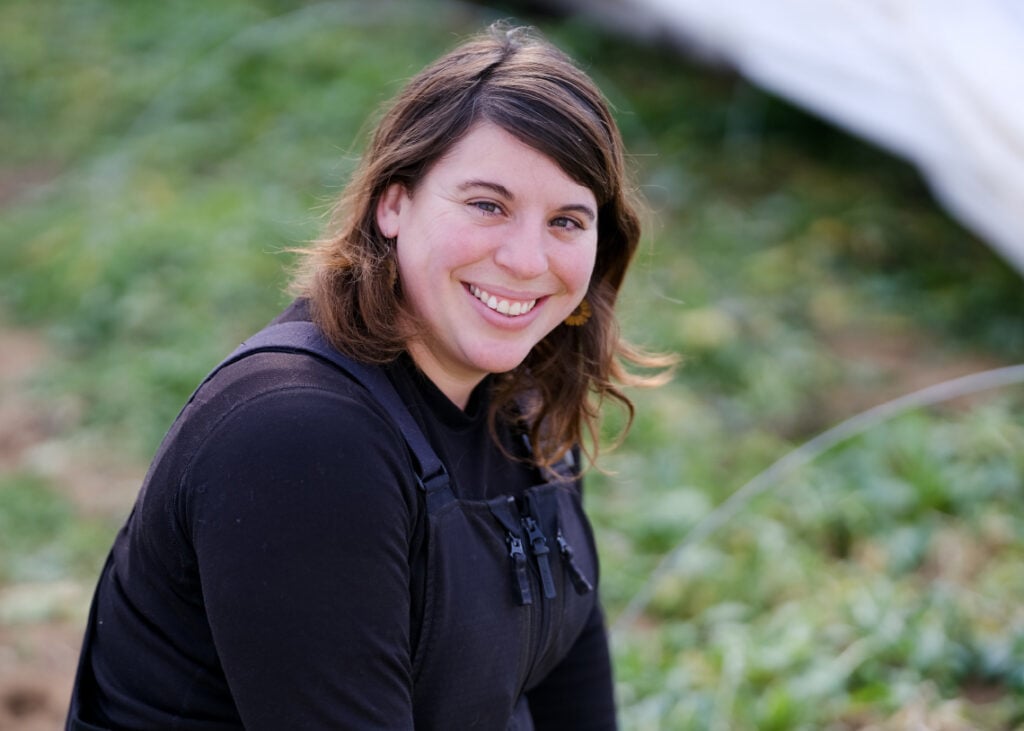
Liz Wagner - Crooked Row Farm, Orefield
Farming was not part of the plan for Liz Wagner. A Lehigh County native, she studied journalism in college and was living in Philadelphia when she decided to make a change. About 13 years ago, Wagner moved onto a 14-acre organic vegetable farm in New York’s Hudson Valley for a growing season. She learned the ins and outs of the cultivating and marketing sides of agriculture. “I was like, ‘Yep, this is what I want to do,’” she recalls.
She moved home to Lehigh County and in 2013 established Crooked Row Farm, which has blossomed into a certified organic vegetable farm spread across 10 acres in New Tripoli and Orefield. Wagner grows all varieties of veggies: mushrooms, greens, peppers, potatoes, sweet potatoes, carrots, tomatoes and garlic among them.
And all that farm-fresh goodness is for sale just feet away from where it’s pulled from the ground. Crooked Row also has a market on site, established inside the former Wehr’s Fruit Stand, which was a fixture in the Orefield area for decades; Wagner can recall visiting the stand with her sister and mother years ago.
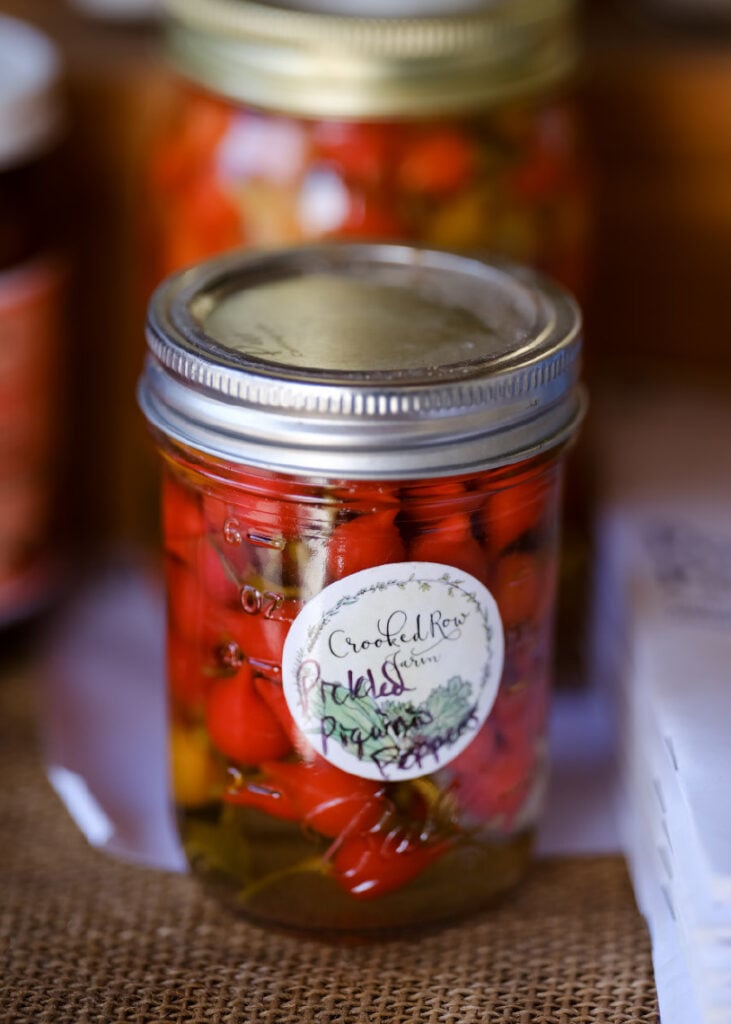
The market brings together foods and other items from over two dozen local producers and growers. The offerings include freshly baked bread, honey, fruits, dairy products, meats and preserves, as well as Crooked Row’s own shelf-stable goods like hot sauce, tomato sauce, dried herbs and tea blends.
Wagner credits a number of family members with helping to make the farm a success; there’s her “greenhouse goddess” mother, her “mechanically minded” father, her garlic-pulling cousins and many others. Her husband is in charge of growing the peppers he uses to make hot sauce. “That scratches his gardening itch,” Wagner says.
But she’s the one doing most of the heavy lifting, and recently she’s started sharing her know-how with the community around her. Crooked Row works with the Lehigh Valley Center for Independent Living, a nonprofit that helps those with disabilities lead independent lives, to provide work and educational opportunities. Last year, the farm hosted
job-training sessions for children with autism. “That was really fun and satisfying,” Wagner says.
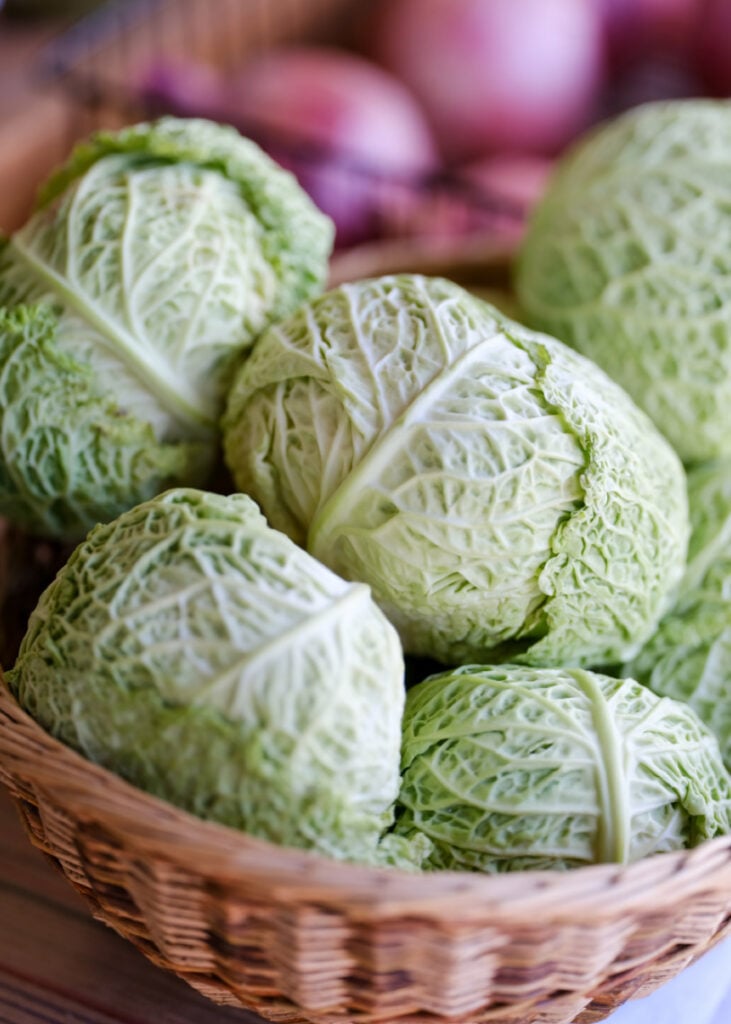
As she enters her thirteenth year as a full-time farmer in the Lehigh Valley, Wagner is encouraged to see more women taking up the mantle. “I think there are more opportunities now,” she says.
She’s also excited about upgrades in agriculture that are making it easier to enjoy locally grown food any time. “We can have fresh, crunchy Pennsylvania apples all winter long because they’ve made technological advances in cold storage to hold that stuff,” Wagner says. “If you’re shopping locally and you’re shopping with local farmers, you can do it all season long.”
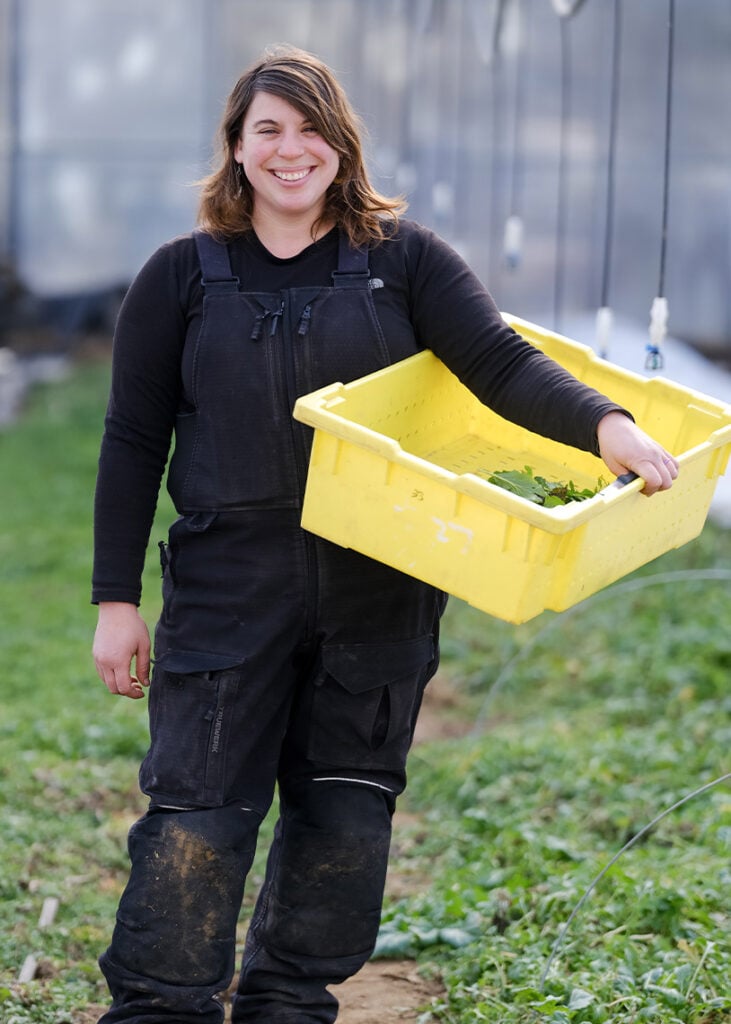
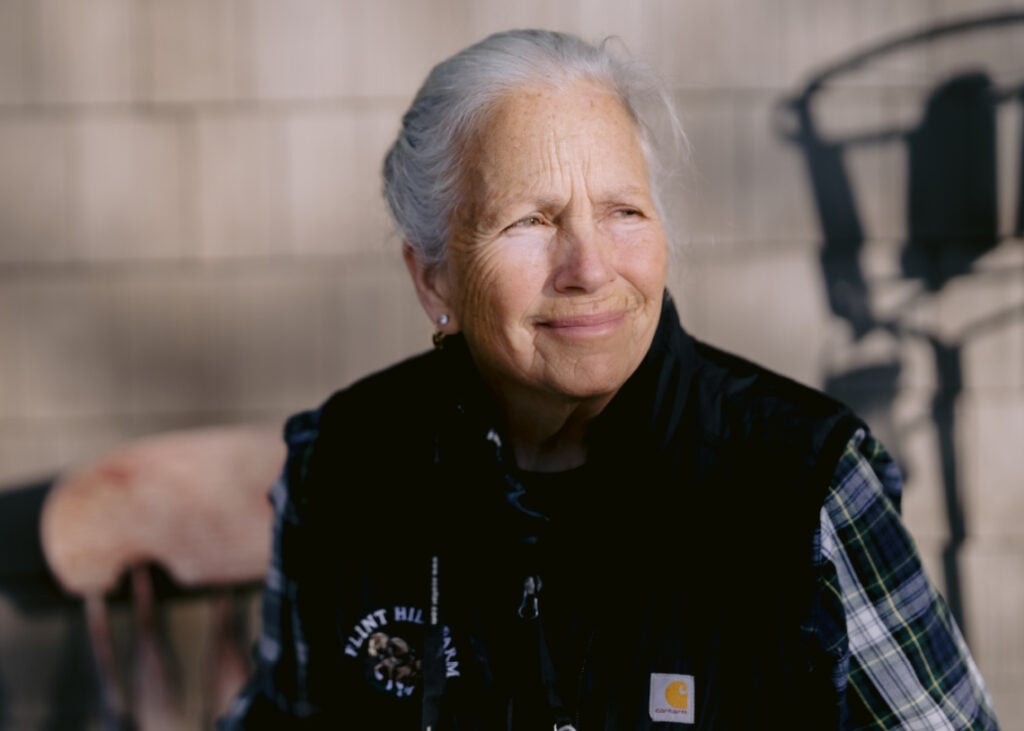
Kathleen Fields - Flint Hill Farm, Coopersburg
Flint Hill Farm in Coopersburg is primarily a dairy farm. Visitors to its on-site store can stock up on a variety of cheeses, yogurt, milk (cow or goat; they’re a certified raw milk dairy) or butter. But there’s a larger mission unfurling on these 28 acres. “People ask me what my crop is, what we grow here. I tell people, we grow lives. That’s our crop,” says owner Kathleen Fields.
Flint Hill, a preserved farm with roots that date all the way back to 1850, seeks to train the next generation in agriculture through its corresponding educational center and programming. A summer camp encourages kids to soak up all aspects of farm life, from taking care of animals big and small, to working in the soil, to everyday chores.
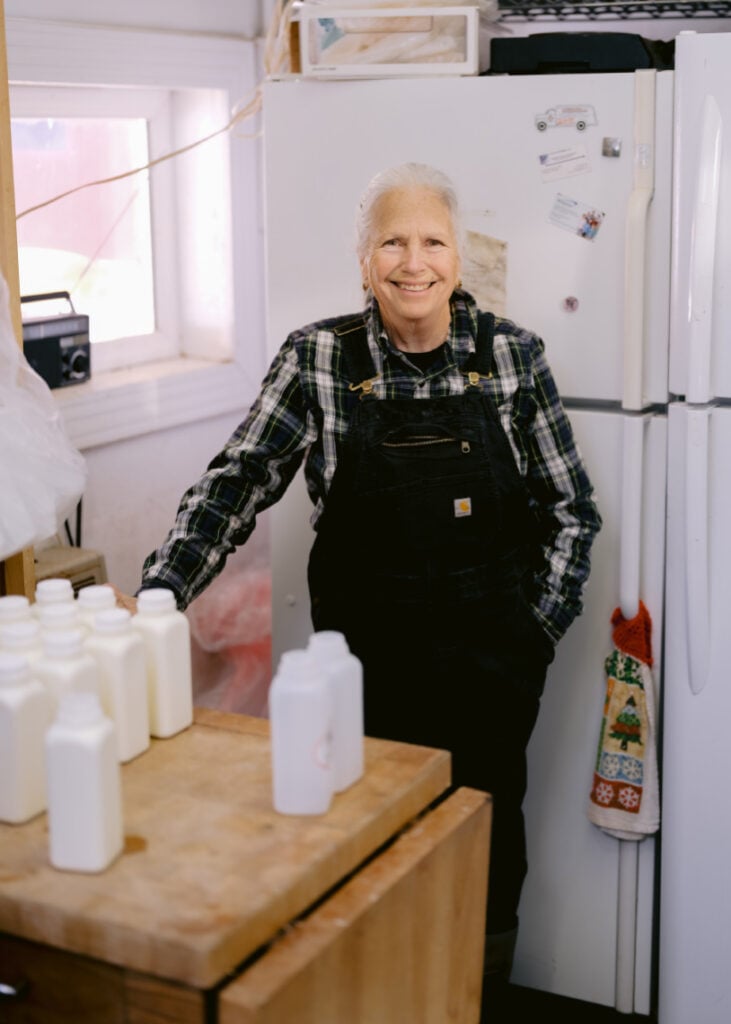
Fields also hosts school groups, Boys & Girls Clubs and birthday parties: anything to get more young people excited about being stewards—not just consumers—of the land, water and air around them.
That’s not to say adults can’t get in on the action; the educational center also offers classes in bread- and cheesemaking in its commercial kitchen, as well as horseback riding. There’s even an option to stay the night (or more) at the farmhouse bed-and-breakfast for a truly immersive experience.
Fields founded the farm in 1997. She said she never felt she wasn’t taken seriously in what some view as a male-dominated industry. She recalled an incident from years ago, when a man was teaching her how to drive a team of horses. She was struggling to get the 50-pound harnesses on draught horses that were 16 or 17 hands (about five and a half feet) high. The man was leaning against a fence, watching. “I said, ‘Aren’t you going to help me?’” Fields asked him. “He said, ‘Can’t harness them, can’t drive them.’ I said, ‘OK.’”
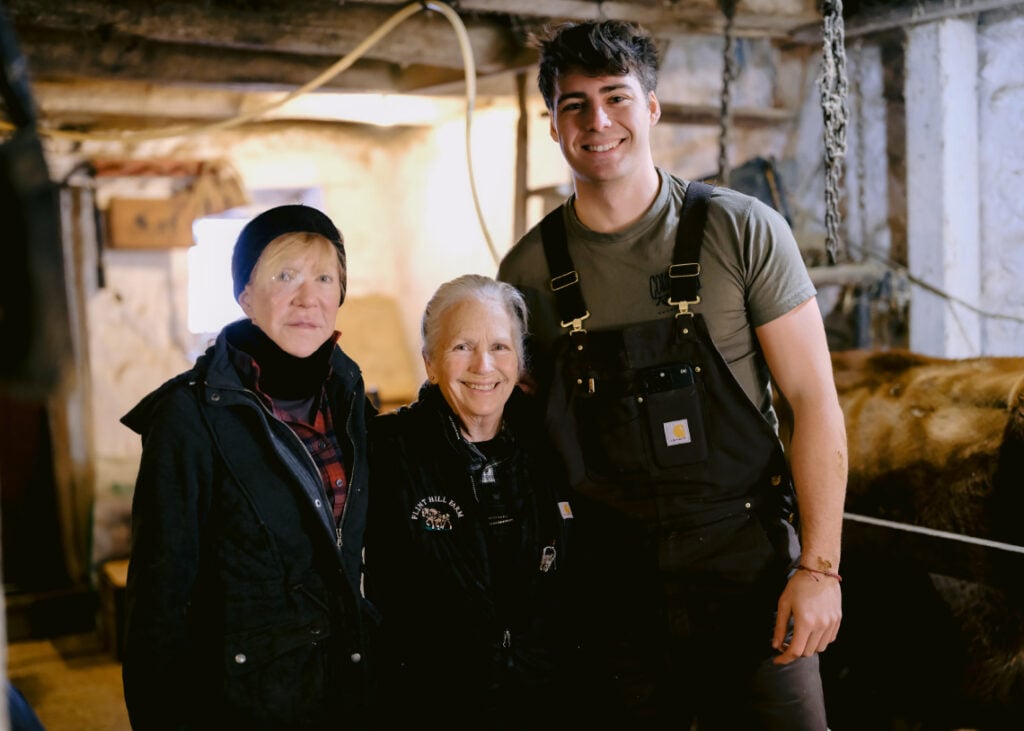
Fields appreciated the lesson: “If I can produce, then I am taken seriously.” For many years now, she’s been the one doing the teaching. The educational center offers year-round agricultural education, dairy and herdsmanship internship programs for college students. Many of her interns have gone on to careers in agriculture, or sometimes agriculture-adjacent, like the culinary arts or food sales.
Her advice for future farmers? Don’t take on any more debt than necessary. Also: “Start small. Get good at one thing. Then expand and do something else.” No matter what a farmer’s niche may be, there’s plenty of room for her (or him) in the fold. “We encourage every farm to succeed,” Fields says. “We’re all different. No one is in competition with each other. When one succeeds, we all succeed.”
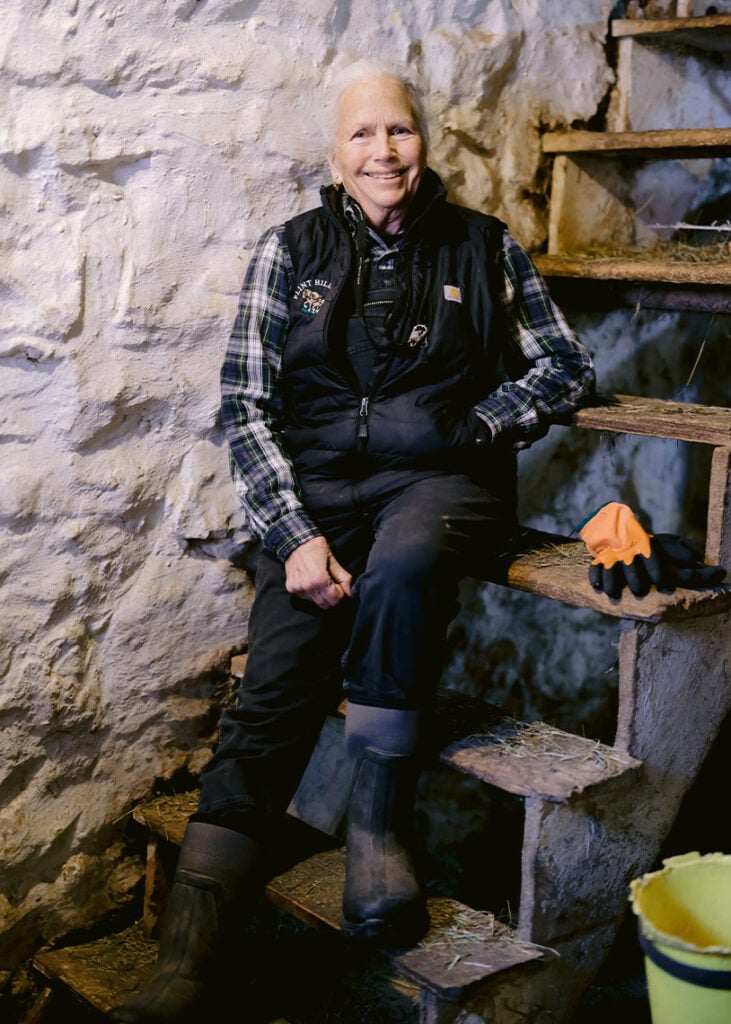
Published as “Breaking New Ground: Meet Three of the Lehigh Valley's Female Farmers” in the April 2025 edition of Lehigh Valley Style magazine.







